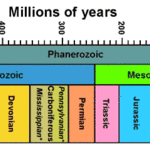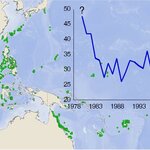
Lesson 1. Doing something is better than doing nothing.
"You should go to the studio everyday," a University of Michigan art professor named Richard Sears told his students. "There's no guarantee that you'll make something good -- but if you don't go, you're guaranteed to make nothing." The same is true of science. Every research plan has flaws, often big, obvious ones -- but if you don't do anything, you won't learn anything.
I have been asked to write six columns for the journal Nutrition about common scientific mistakes. The mistakes I see are mostly mistakes of omission.
A few years…



